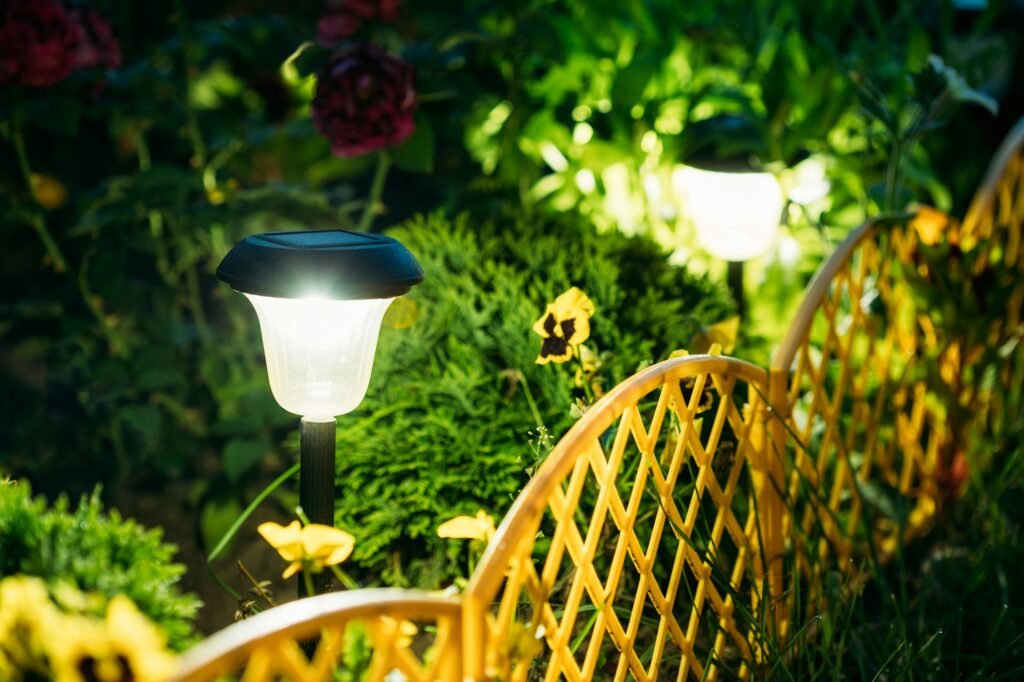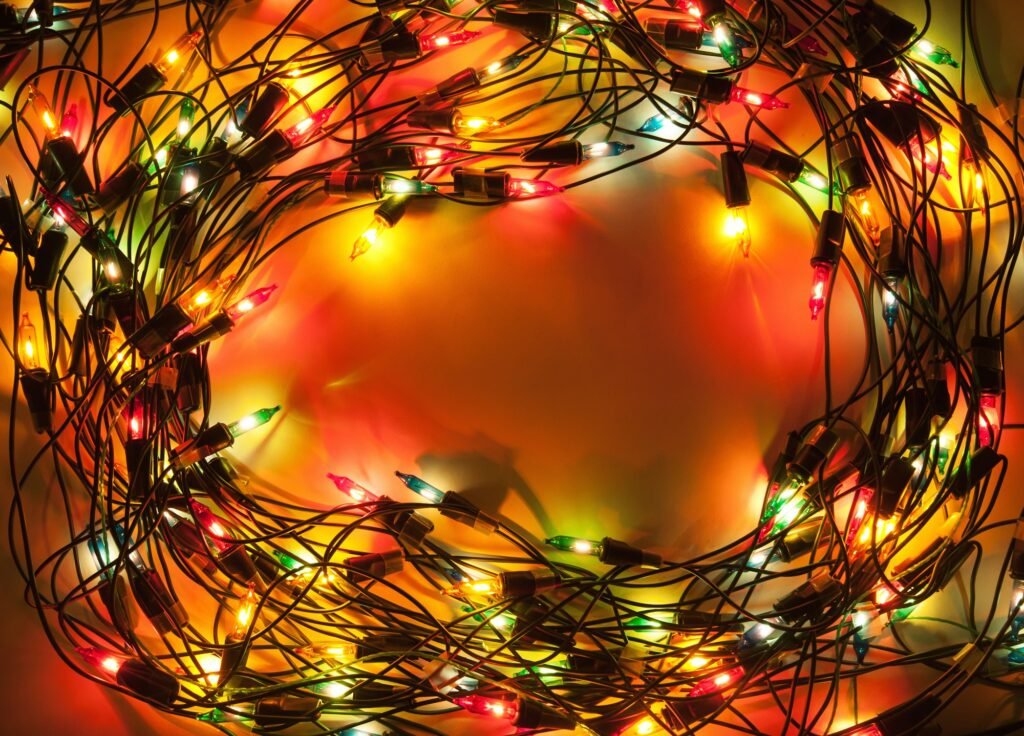FAQ
General Question
Product specification,OEM service...
Partnership Question
Payment method, Business Meeting, Fair...
Order Question
Trial order, Lead time, Shipping Type...


Decoration Candles
Carefully adjust the contact plate in the lamp holder by slightly bending it upwards. Remember to disconnect the power cable before attempting this. Ensure that all lamps are properly secured and not damaged. If necessary, replace the lamps with ones that are compatible with your candlestick, especially if they are broken.
Certainly, we offer a versatile LED option, the 300-95 model, suitable for candlesticks accommodating 4 to 25 lamps. It’s important to note, however, that mixing LED lamps with traditional ones in the same candlestick is not advisable.
Sorry, could not.
Solar Products
Being maintenance-free, solar lights can be left on continuously. Typically, advanced solar lights are designed to automatically switch on at dusk and off at dawn, requiring no manual intervention. However, to prolong their lifespan, consider bringing them indoors or turning them off during extended periods of non-use.
It’s possible that the batteries in the product may have run out while still in the package. If so, they need to be recharged before use. For an optimal start, please charge them for about 36 hours initially. Here’s how to do it:
First, turn the product to the ‘ON’ position and place it outside in sunlight. During the evening or night, switch it to ‘OFF’. After receiving 36 hours of sunlight, you can leave it in the ‘ON’ position, and it will automatically light up as it gets dark.
Remember, solar cell products require sunlight for optimal functionality. If placed on the north side of your house or mostly in the shade, they won’t shine as brightly or for as long in the evening. Ideally, position them where they receive sunlight throughout the day, such as the south side of your house or an open area in your garden.
These products work best from April to September. In autumn, with shorter days, they have less time to recharge and thus a shorter duration of illumination. But in spring, as days lengthen, they’ll recharge more effectively and regain full capacity.
It’s advisable to change the batteries with each new season. If you’re unsure which batteries to use, check the product’s packaging or our website for specifics. Keep the solar panel clean by wiping it with a damp cloth periodically (using only water for cleaning).
When purchasing rechargeable batteries, ensure they match the specified voltage (V) and capacity (mAh) for the product. The battery voltage (V) is crucial; using a battery with higher voltage than specified can damage or even pose a risk with the product, while a lower voltage battery may result in suboptimal performance (though replacing a 1.5 V battery with a 1.2 V one usually works fine).
Our solar cell products and rechargeable batteries are designed with the appropriate capacity for efficient charging and discharging.
The sensor lamp requires daylight to function effectively. Ensure that the lamp’s sensor is not obstructed by the fixture. While the sensor lamp is usually not influenced by nearby LED light sources or strip lights, a lit light bulb in close proximity may cause the sensor lamp to switch off.




Light chains
You can determine whether the light chain features replaceable light sources by checking the product’s packaging or by visiting the product page on our website.
If the light chain is equipped with LED lights, a malfunctioning LED bulb will cease to function while the others continue to operate. However, with traditional light bulbs, if one bulb fails, all bulbs in the chain will go out.
To effectively dim an LED lamp, your dimmer must meet specific requirements, which differ from those for dimming a traditional light bulb. We’ve simplified the process of finding the right LED lamp and dimmer combination by thoroughly testing the most prevalent dimmers available. Our regularly updated list of compatible dimmers and LED lamps can be found on our website. For the latest information, please refer to the ‘FAQ LED’ section on our site.
Request a Complimentary Project Quote Today!
If you have any specific inquiries regarding solar spike lighting, our industry experts are here to assist you. Please don't hesitate to reach out with your questions, and we'll be delighted to provide answers!


